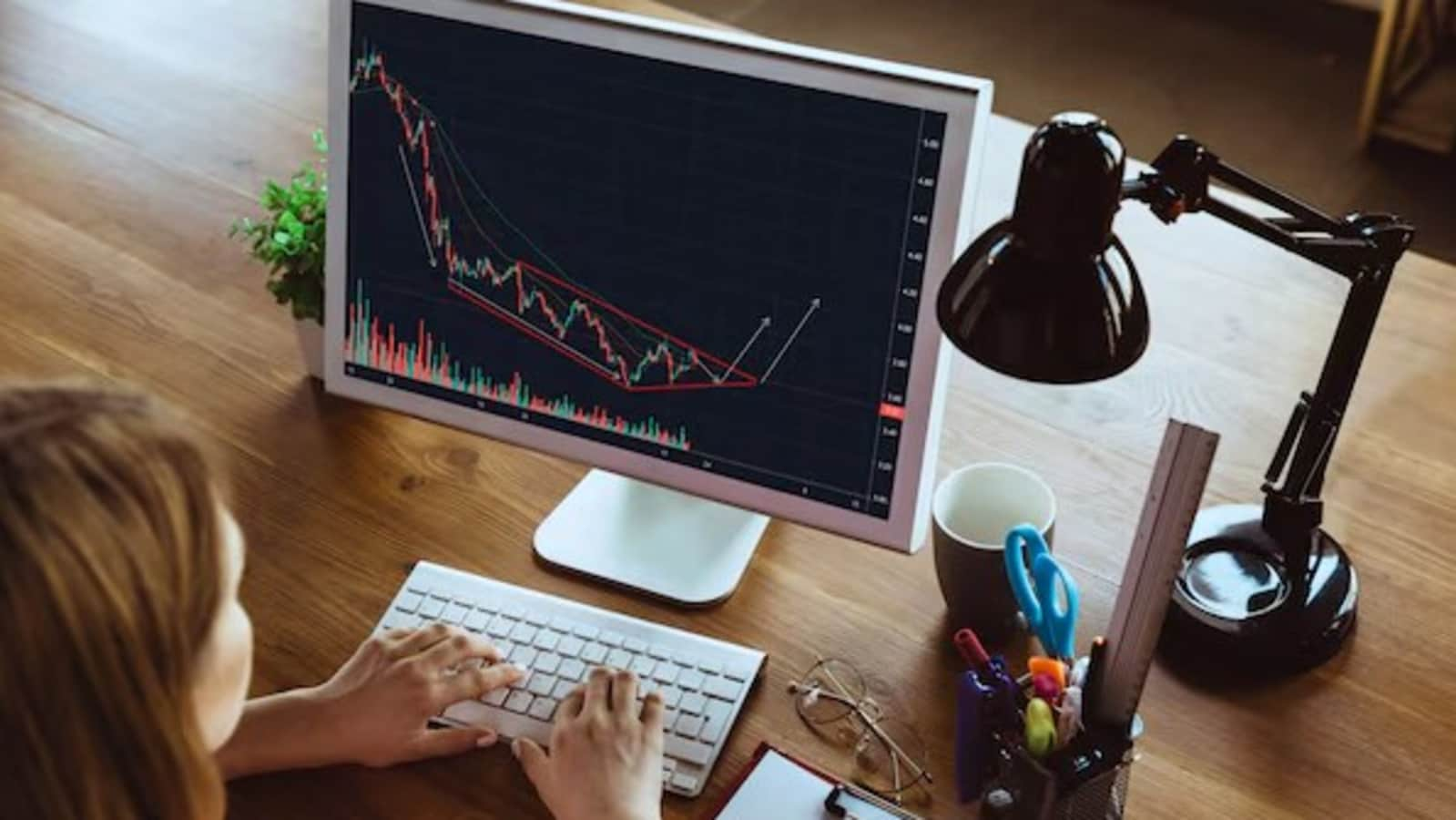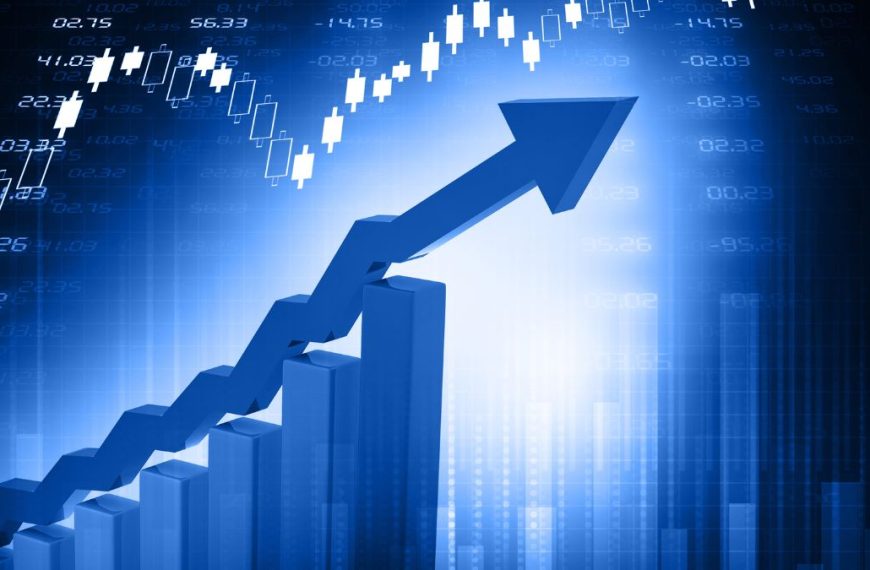South Korea’s financial markets experienced a mixed bag of performances on Monday, as the KOSPI index rose but foreign investors showed a tendency to sell. The positive momentum was largely influenced by a favorable Wall Street session, despite some setbacks in the steel sector. The benchmark KOSPI climbed 11.41 points, marking a 0.45% increase, reaching 2,574.89 by early morning trading.
Wall Street’s Influence on KOSPI Performance
The rise in South Korean shares can be attributed to the encouraging performance of U.S. stocks on Friday. Federal Reserve Chair Jerome Powell remarked that the U.S. economy is "in a good place," which likely boosted investor sentiment across global markets.
- Samsung Electronics, a heavyweight in the tech sector, saw its shares increase by 1.12%.
- Conversely, SK Hynix faced a decline of 1.61%.
- Battery manufacturer LG Energy Solution experienced a modest rise of 0.88%.
Automotive Sector Trends
The automotive industry also contributed to the KOSPI’s gains. Hyundai Motor shares rose by 0.41%, while its affiliate, Kia Corp, climbed by 0.93%. Additionally, the digital giants Naver and Kakao posted impressive gains of 1.17% and 2.63%, respectively.
Challenges in the Steel Industry
However, the steel sector faced challenges as shares of POSCO Holdings dropped by 4.4%, and Hyundai Steel fell by 7.2%. This decline followed comments from U.S. Commerce Secretary Howard Lutnick, confirming that steel tariffs will be implemented as planned starting Wednesday.
Market Activity Overview
In total, out of 936 traded stocks, 368 advanced while 516 declined. Notably, foreign investors were net sellers, offloading shares worth 230.4 billion won during the session.
Currency and Bond Market Movements
The South Korean won strengthened against the dollar, trading at 1,445.7 per dollar, which represents a 0.26% improvement from the previous closing rate of 1,449.5.
In the bond market, March futures for three-year treasury bonds dipped by 0.05 points, settling at 106.75. The yield on the most liquid three-year Korean treasury bonds increased by 2.1 basis points, reaching 2.586%, while the benchmark 10-year yield saw a decrease of 1.7 basis points, falling to 2.775%.
As the South Korean market navigates these mixed signals, investors will be keenly watching how global economic indicators, particularly from the U.S., will continue to influence local market dynamics.











